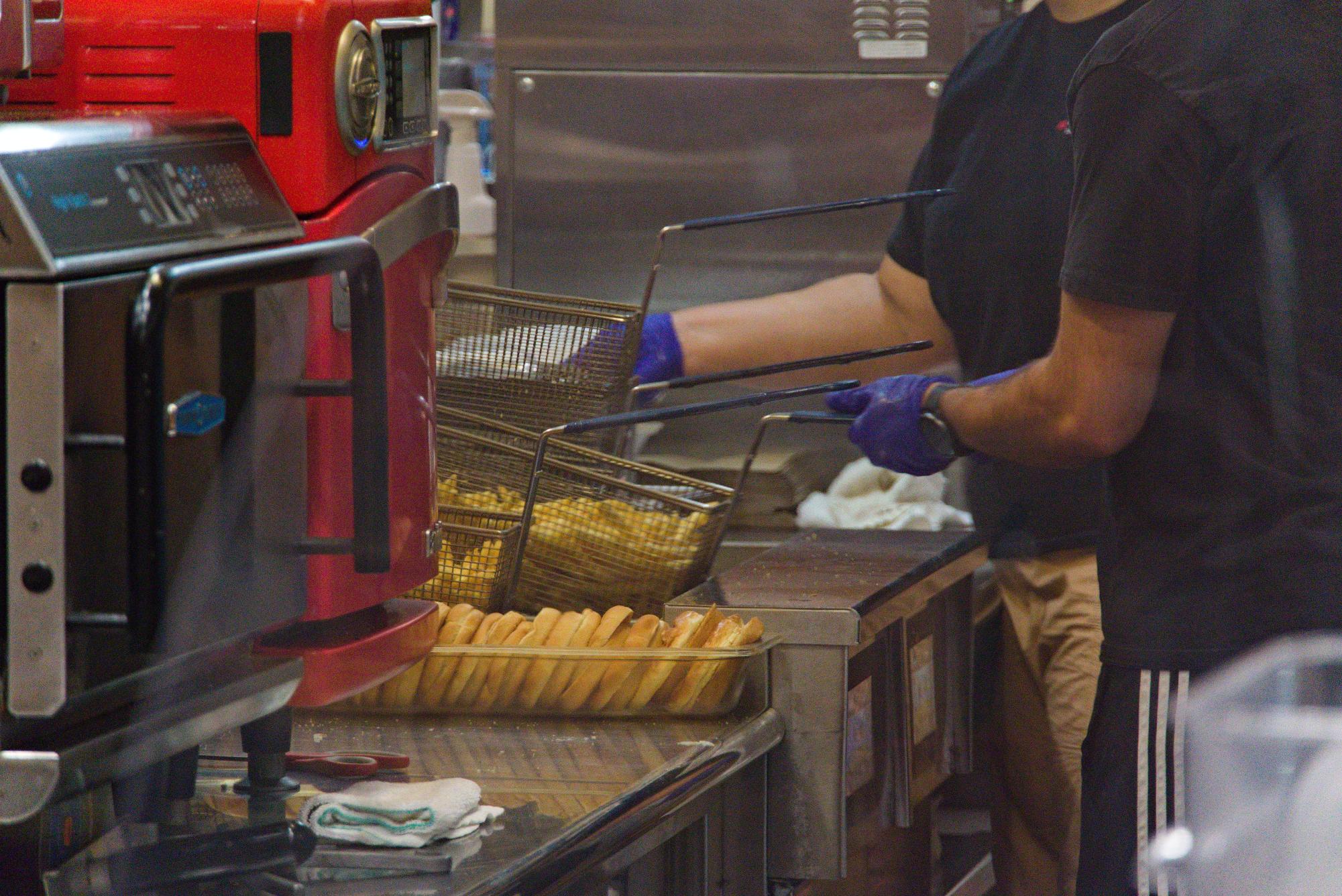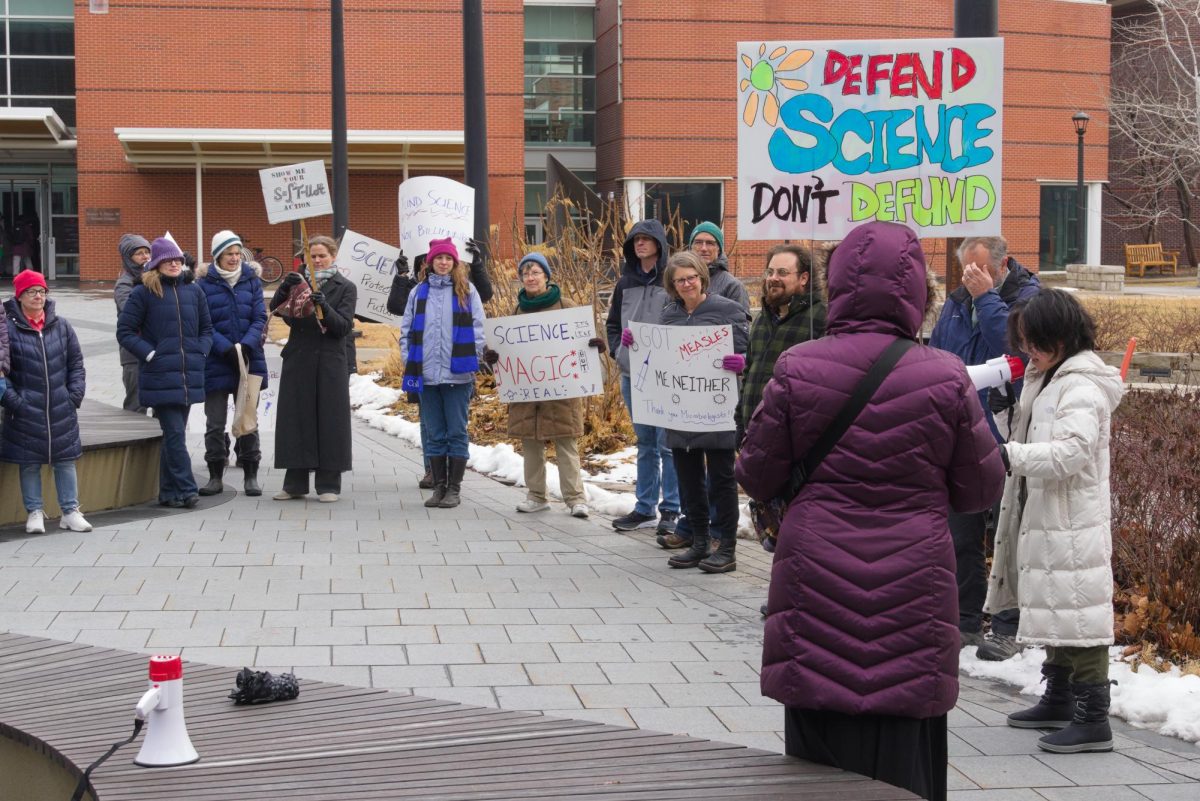State health inspectors uncovered eight food safety violations at Grinnell College dining facilities earlier this year, including mold-like substances and improper food storage temperatures, according to a report from the Iowa Department of Inspections, Appeals, and Licensing.
The agency cited the Spencer Grill and other on-campus food sites for multiple infractions during two evaluations conducted between January and February. The violations ranged from conditions that could cause foodborne illnesses to failures in employee health protocols. A subsequent reinspection two weeks ago confirmed that all issues had been resolved.
At the Spencer Grill, inspectors found a “black and red mold-like substance” inside the ice machine, according to a Feb. 25 report. Jeanette Moser, director of dining services, wrote in an email to The S&B that the substance was located in a chute that was not easily visible.
“This was corrected when the inspector found this and showed us,” Moser wrote, adding that the component is now cleaned weekly instead of every two months.
Another violation involved an employee filling reusable personal cups, allowing the lip of the cup to touch the beverage machine’s dispenser. In response, Spencer Grill announced it will stop refilling personal bottles. Students may now buy a cup of water for $0.50 instead.
Inspectors also reported a coffee nozzle with dry white buildup, which was cleaned during the visit. Sliced tomatoes were also found stored at 45 degrees Fahrenheit — above the safe limit of 41 degrees Fahrenheit — for over a day and were discarded at the time of the inspection.
Priority-level foodborne violations were also cited. Raw fish, including Dover sole, salmon, and tuna, was vacuum-sealed on-site without the required labels indicating that the product must be kept frozen. Meat, vegetables and cooked foods such as consommé, sirloin and smoked plantains were also vacuum-sealed and stored without a necessary food safety plan in place.
Some staff members were found to be unaware of the requirement to report specific sickness symptoms that require reporting, a protocol reviewed during the inspection. Inspectors also noted that milk frothers used for drink preparation at the Global Café in the Humanities and Social Studies Center were cleaned only once daily, with one observed in use since 6:30 a.m. A scoop for sweetened condensed milk had also been left in a container of standing water.
Students expressed concerns regarding food safety practices on campus.
“I have friends with allergies, and I have people who I know in my life that either have dietary restrictions or it’s a really big deal that food’s handled safely,” said Jana Vadillo `26. “I’ve started inspecting the produce from the salad bar a little bit more thoroughly.”
Moser said inspection results are posted in the Dining Office for public viewing, located inside the Dining Hall’s kitchen near the washing station.







